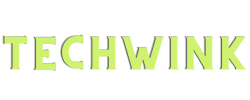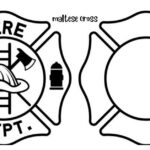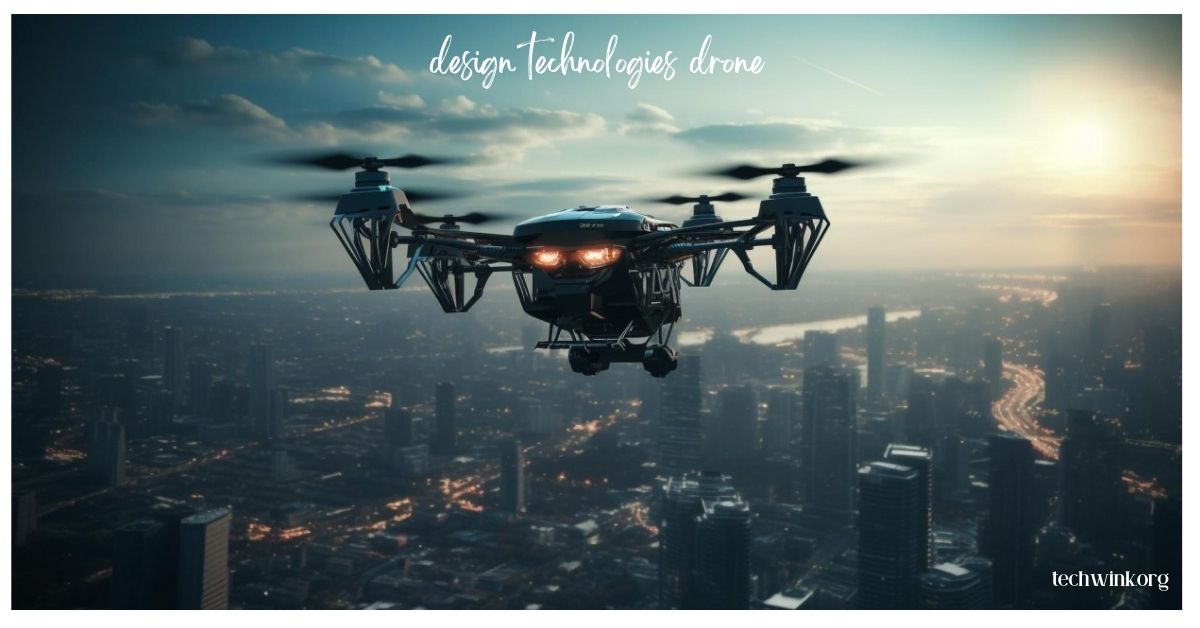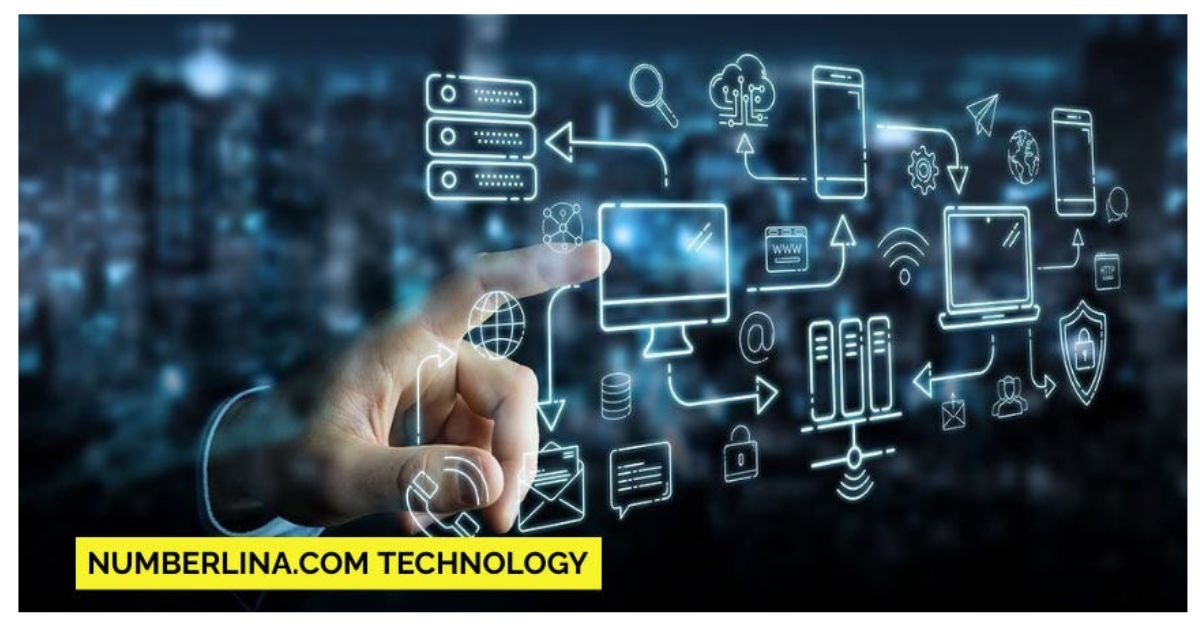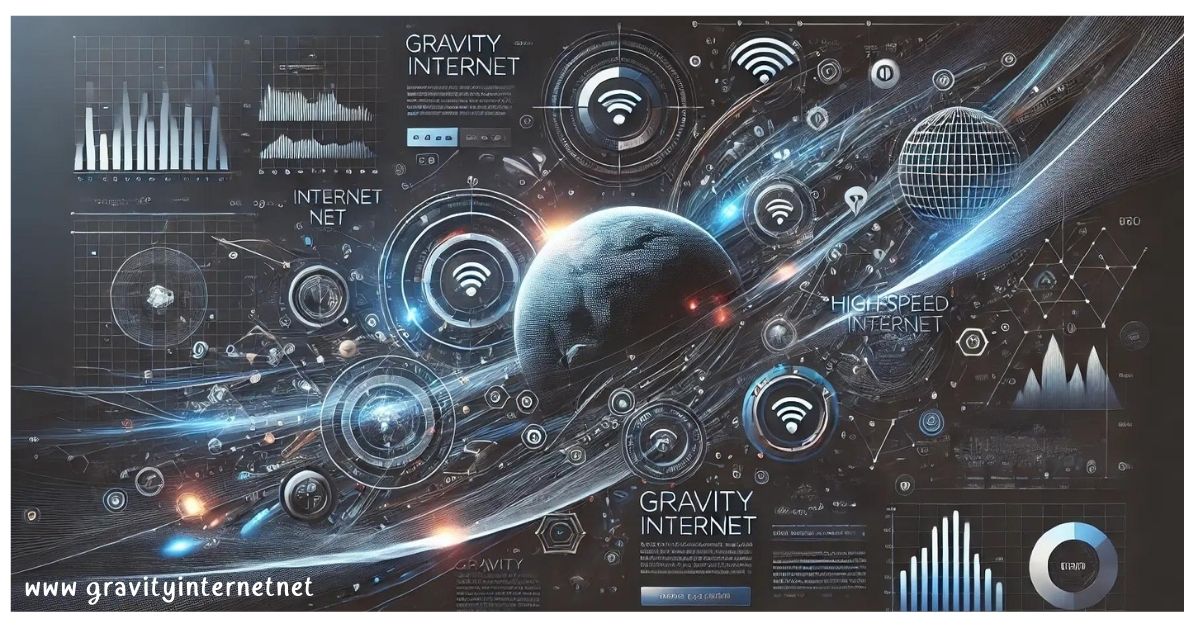In a world where communication across different languages is essential, the role of a “prekldača” or translator becomes increasingly significant. Translators are the bridge between cultures, enabling people from different linguistic backgrounds to understand each other. Whether it’s in the context of business, literature, or global diplomacy, translators play a crucial role in facilitating clear and accurate communication. This article delves into the importance of prekldača, the skills required to excel in this profession, and the impact of translators on global communication.
What is a Prekldača?
A prekldača, commonly known as a translator, is a professional who converts written content from one language into another while maintaining the original meaning, tone, and context. Translators work with a variety of texts, including legal documents, literary works, technical manuals, and marketing materials. The primary goal of a translator is to ensure that the translated text conveys the same message as the original, without any loss of meaning or nuance.
The Importance of Translators in Global Communication
In our increasingly interconnected world, the ability to communicate across language barriers is more important than ever. Translators make this possible by enabling people, businesses, and governments to exchange information and ideas across different languages. Here’s why translators are essential:
- Facilitating International Business: In global markets, businesses often need to communicate with partners, clients, and customers who speak different languages. Translators help bridge these language gaps, ensuring that all parties understand each other clearly, which is vital for successful negotiations, marketing campaigns, and customer support.
- Preserving Cultural Heritage: Translators play a critical role in preserving and sharing the literature, history, and culture of different nations. By translating literary works and historical documents, they make these cultural treasures accessible to a broader audience, helping to promote cultural understanding and appreciation.
- Supporting Global Diplomacy: In international diplomacy, clear communication is crucial. Translators ensure that treaties, agreements, and diplomatic correspondences are accurately translated, helping to prevent misunderstandings and maintain peaceful relations between nations.
Skills Required to Become a Successful Prekldača
Becoming a successful translator requires a unique set of skills. Translators must not only be fluent in at least two languages but also have a deep understanding of the cultures associated with those languages. Here are some key skills that a prekldača must possess:
- Linguistic Proficiency: A translator must have a high level of proficiency in both the source and target languages. This includes not only vocabulary and grammar but also an understanding of idioms, colloquialisms, and cultural references that might be present in the text.
- Cultural Awareness: Translators need to be aware of the cultural contexts of both the source and target languages. This cultural sensitivity helps ensure that translations are appropriate and respectful, avoiding potential misunderstandings or offenses.
- Attention to Detail: Translators must be meticulous in their work, as even small errors can lead to significant misunderstandings. This attention to detail is especially important when translating legal or technical documents, where accuracy is paramount.
- Research Skills: Translators often encounter unfamiliar terms or concepts, particularly in specialized fields like medicine or law. Strong research skills are essential for finding accurate translations and understanding the context of the content being translated.
- Writing Skills: A good translator is also a skilled writer. They must be able to produce clear, coherent, and engaging text in the target language, ensuring that the translation reads naturally and fluently.
Challenges Faced by Translators
Translators face a variety of challenges in their work. These challenges can arise from the complexity of the text, cultural differences, or the specific demands of the client. Some common challenges include:
- Ambiguities in the Source Text: Sometimes, the original text may contain ambiguities or unclear references that are difficult to translate. Translators must use their judgment and research skills to interpret the meaning accurately.
- Maintaining Tone and Style: Different languages have different stylistic conventions, and a direct translation might not always convey the same tone or style as the original. Translators need to adapt the text to fit the stylistic norms of the target language while preserving the original meaning.
- Technical Terminology: Translating technical documents requires specialized knowledge. Translators need to be familiar with the specific terminology used in fields like engineering, medicine, or law, and ensure that they use the correct terms in the target language.
- Cultural Nuances: Cultural differences can make translation challenging, particularly when the source text includes idiomatic expressions, jokes, or references that don’t have a direct equivalent in the target language. Translators must find creative ways to convey these elements without losing their meaning.
The Role of Technology in Translation
In recent years, technology has had a significant impact on the field of translation. While human translators remain essential, various tools and technologies have emerged to assist them in their work. Some of these include:
- Translation Memory Software: This software helps translators by storing previously translated sentences, phrases, and terms. When a similar text appears, the software suggests the previous translation, helping to ensure consistency and saving time.
- Machine Translation: Machine translation tools, such as Google Translate, have improved significantly in recent years. While these tools can be useful for getting the gist of a text, they often lack the nuance and accuracy of a human translator, especially for complex or sensitive content.
- Terminology Management Tools: These tools help translators manage and standardize the use of specialized terminology. By maintaining a consistent glossary of terms, translators can ensure accuracy across different documents and projects.
- Collaboration Platforms: Online collaboration platforms allow translators to work together in real-time, share resources, and provide feedback on each other’s work. This collaborative approach can lead to higher-quality translations and a more efficient workflow.
The Future of Translation and Translators
The future of translation is likely to be shaped by both technological advancements and the continued importance of human expertise. While machine translation tools will become more sophisticated, the demand for skilled human translators is expected to remain strong, particularly for complex and high-stakes projects. Here’s what the future might hold:
- Increased Use of AI: Artificial intelligence is expected to play a larger role in translation, particularly in automating routine tasks. However, human translators will still be needed to handle nuanced and culturally sensitive content.
- Specialization: As industries become more specialized, there will be a growing demand for translators with expertise in specific fields, such as law, medicine, or technology. Specialized translators will be able to command higher rates and take on more complex projects.
- Global Collaboration: The trend towards global collaboration is likely to continue, with translators working across borders and time zones to deliver high-quality translations. This will require strong communication skills and the ability to work effectively in a virtual environment.
Conclusion
Prekldača, or translators, are essential players in our globalized world. They enable communication across language barriers, preserve cultural heritage, and support international business and diplomacy. The role of the translator is both challenging and rewarding, requiring a unique blend of linguistic proficiency, cultural awareness, and technical skills. As technology continues to evolve, translators will have new tools at their disposal, but the need for skilled human translators will remain as important as ever.
FAQs
What is a prekldača?
A prekldača is a translator, a professional who converts written content from one language to another while preserving the original meaning and context.
Why are translators important in global communication?
Translators enable clear communication across different languages, supporting international business, diplomacy, and cultural exchange.
What skills are needed to be a successful translator?
Key skills include linguistic proficiency, cultural awareness, attention to detail, research skills, and strong writing abilities.
How has technology impacted the field of translation?
Technology has introduced tools like translation memory software and machine translation, which assist translators but do not replace the need for human expertise.
What is the future of translation?
The future will likely see increased use of AI and greater specialization, but the demand for skilled human translators will remain strong.
